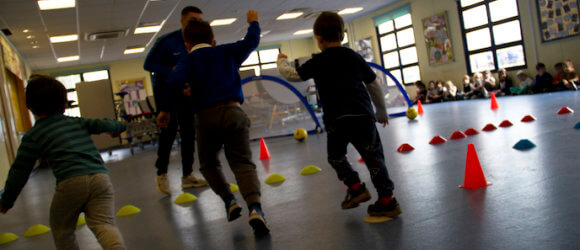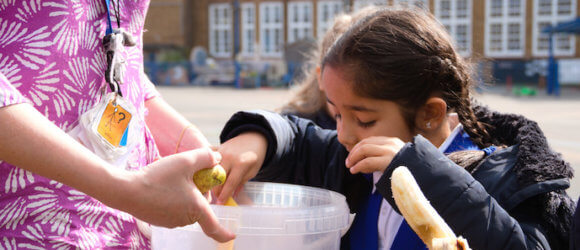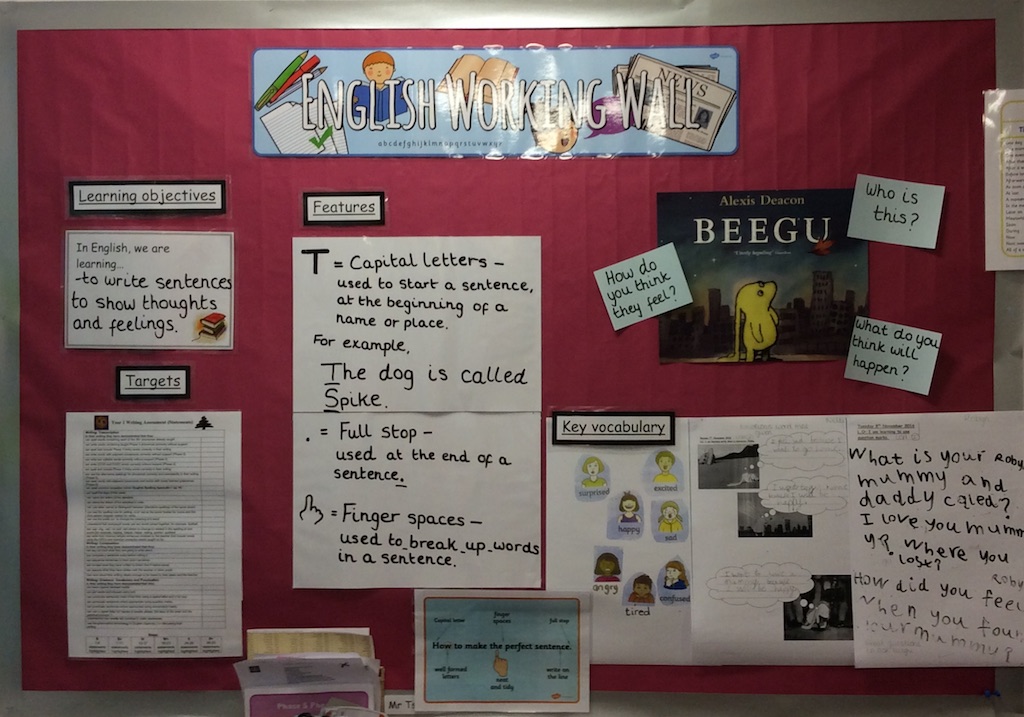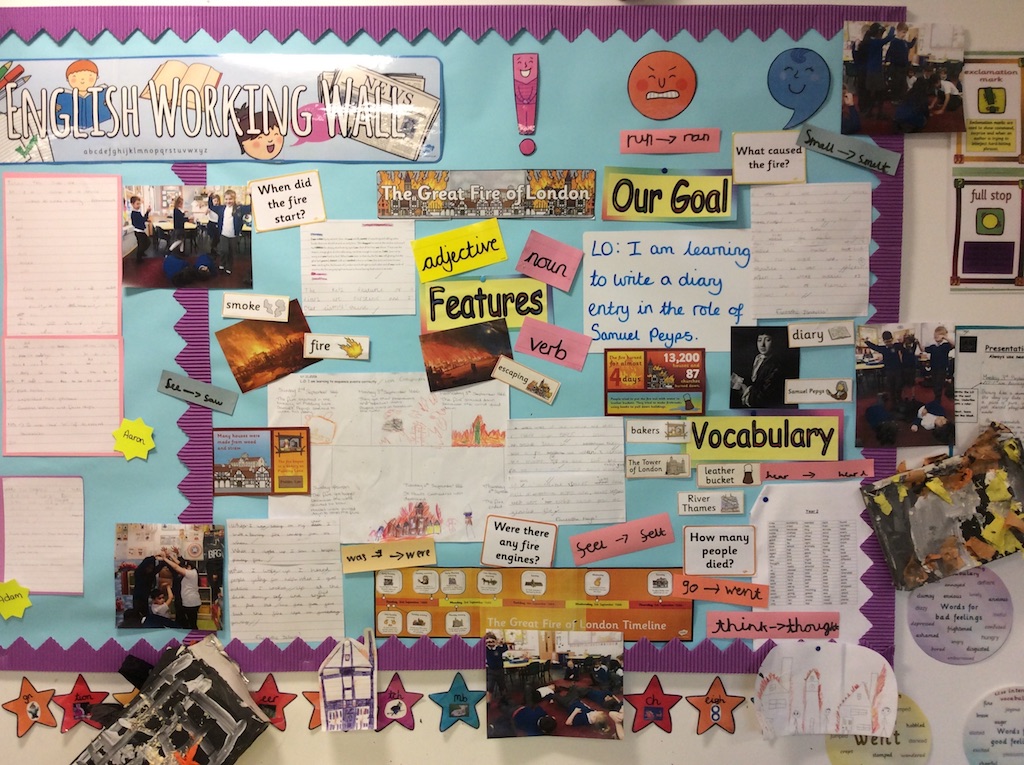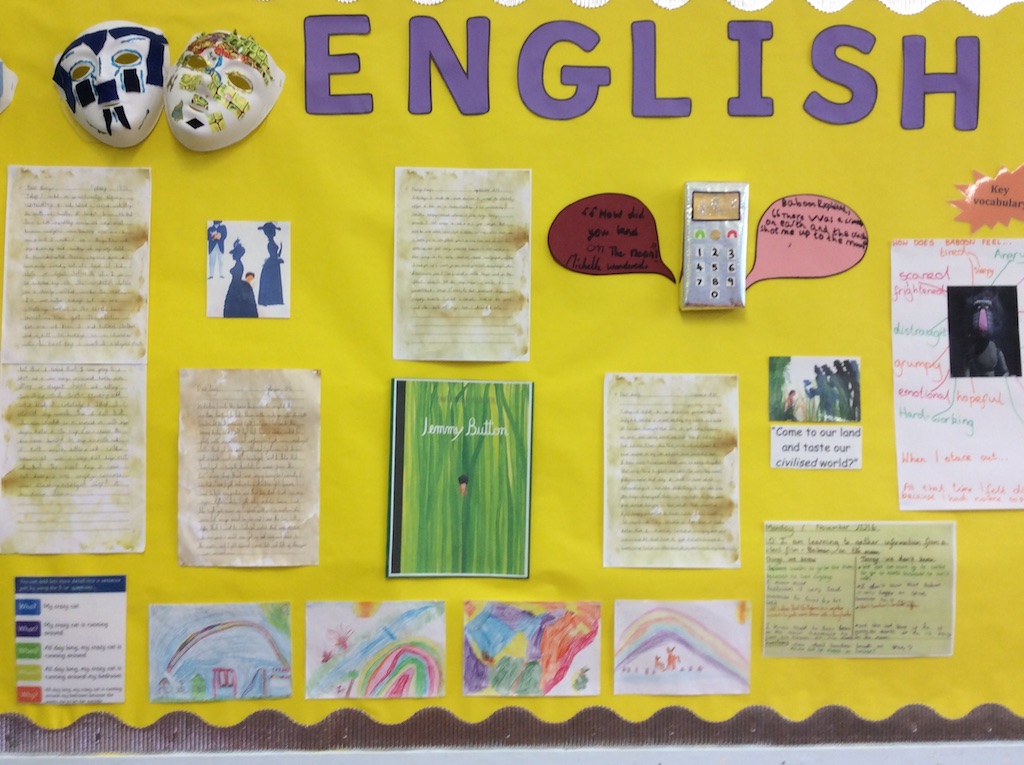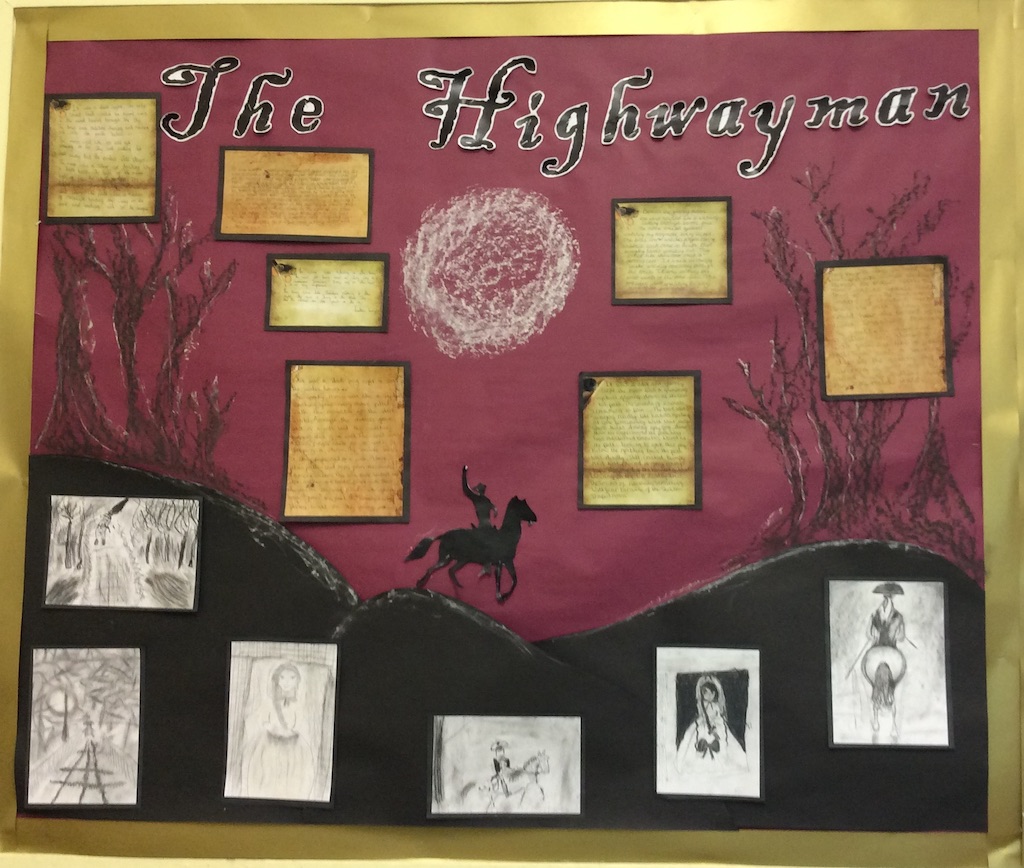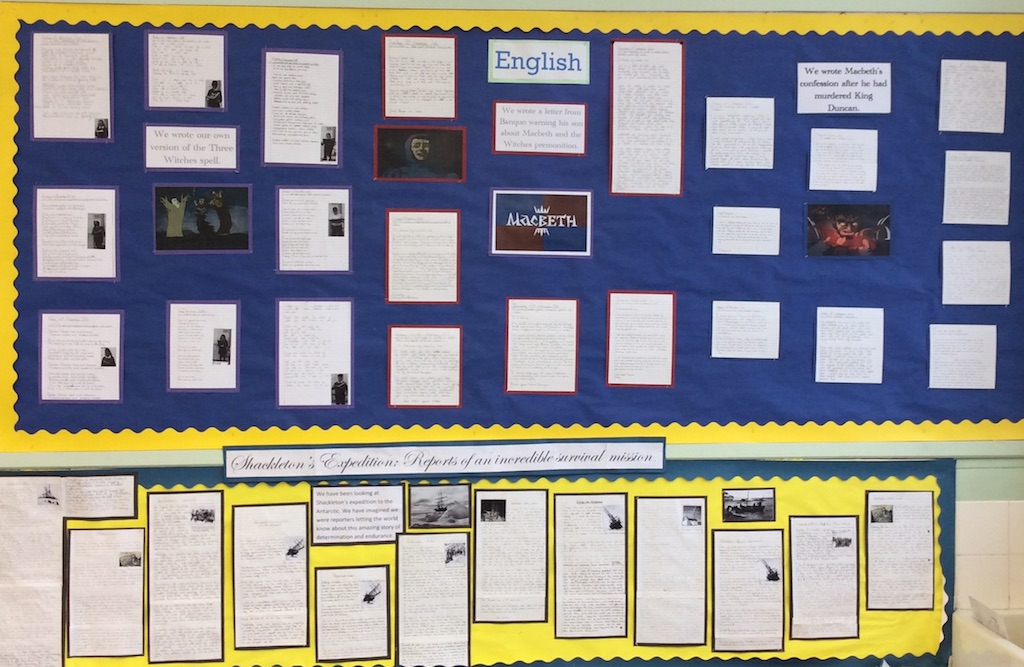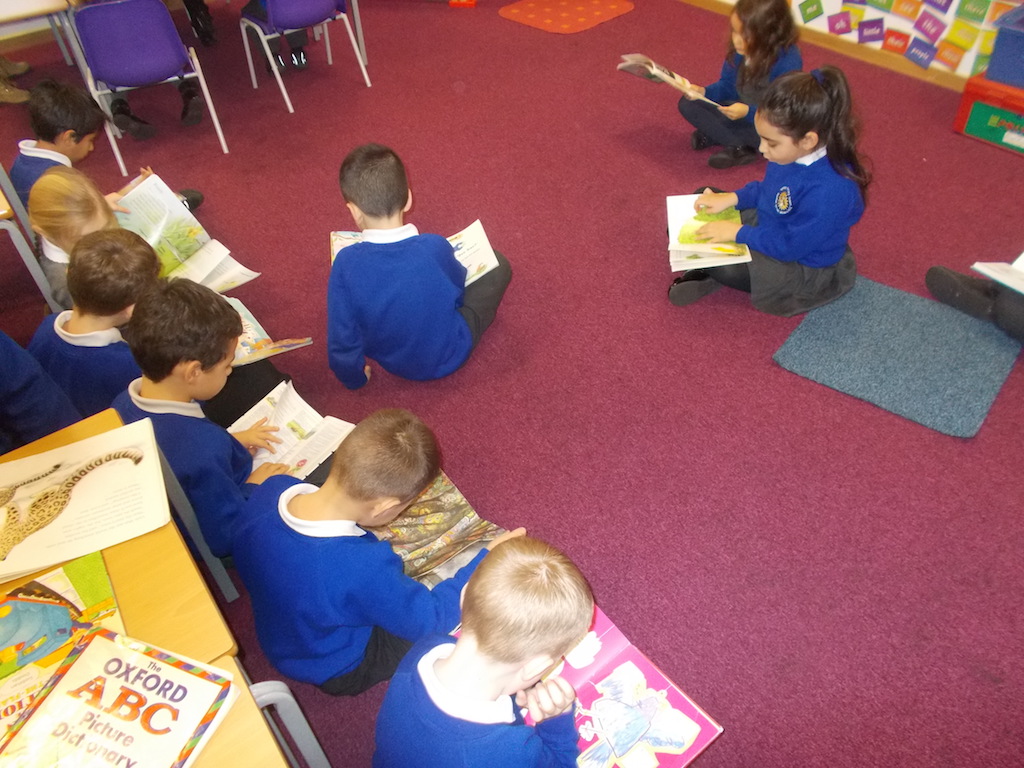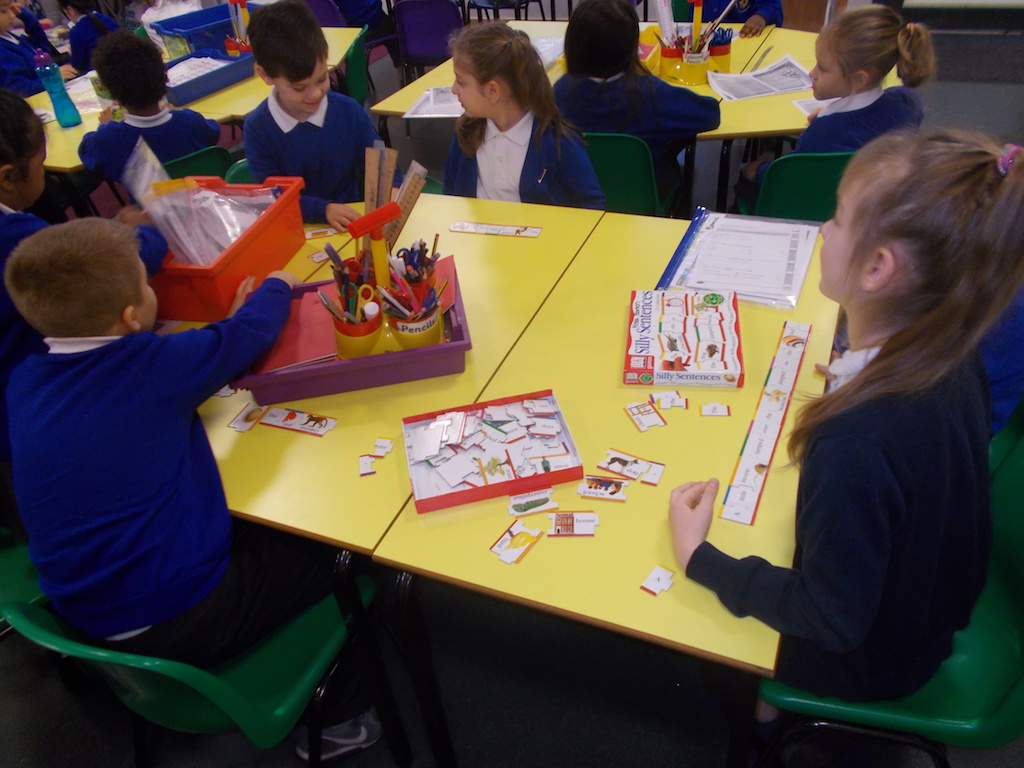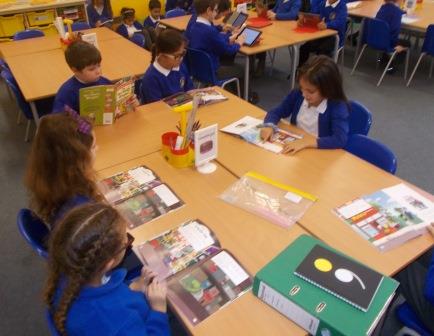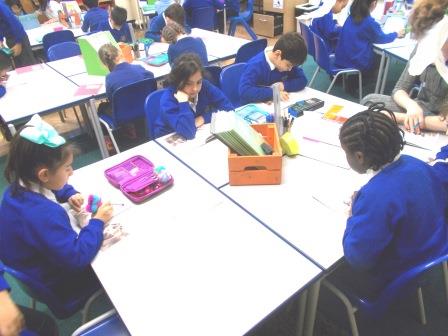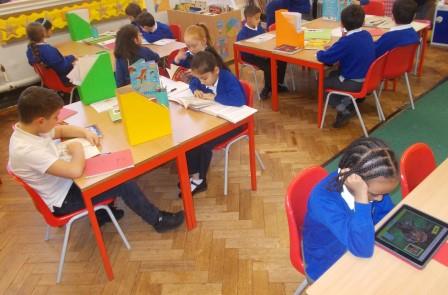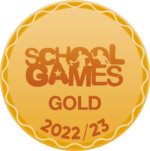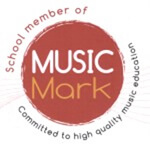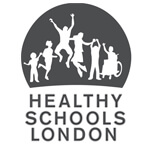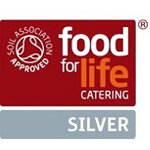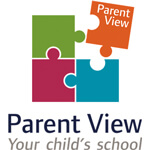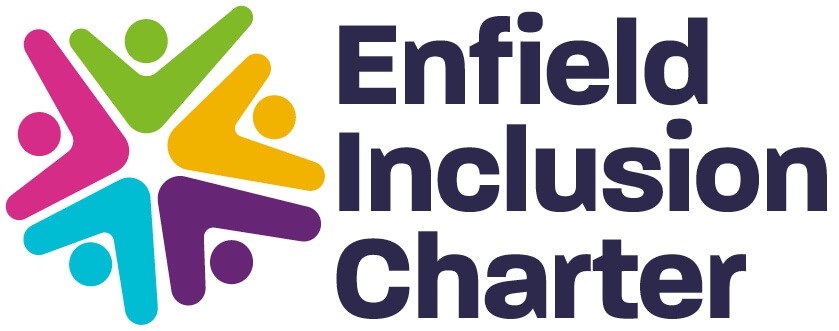English
English is taught daily at Highfield in discrete lessons and applied in other subjects. From Year 1 upwards, English books are used to record the children’s writing completed in lessons.
Our English lessons are based around high quality texts. Over the course of 2 to 3 weeks children will be introduced to a text, look for key features to understand the genre and then work towards producing their own pieces of writing. We call this a “reading into writing” model. The rules of grammar are taught as part of a unit of work (which we then encourage children to use in their extended writing pieces) and in discrete lessons. Children will also practise their speaking and listening skills across the curriculum as well as through drama activities included in English units of work.
What does the learning of English look like at Highfield Primary School?
- High quality texts which inspire and spark children’s imagination.
- Lessons which give children strategies to read (including phonics) and encourage them to have a deeper understanding of texts.
- Children develop their writing skills across the curriculum, making links to prior learning and real life contexts as well as using high quality texts.
- Children are able to question themselves and others about how writing can be improved.
- Spelling and Grammar are taught in context enabling a deeper understanding.
- Children are motivated to improve.
The importance of spoken language in pupils’ development across the whole curriculum is paramount. Spoken language underpins the development of reading and writing. Children are encouraged to develop effective communication skills in readiness for later life.
At Highfield, pupils’ confidence and competence in spoken language and listening skills are continually developed throughout the school. Pupils develop a capacity to explain their understanding of books and other reading, and to prepare their ideas before they write.
Children have opportunities to work in pairs, small groups, large groups and as a whole class using drama, roleplay, hot seating, presentations, discussions and debates to develop such skills.
Pupils are encouraged to develop a broader, deeper and richer vocabulary to discuss abstract concepts and a wider range of topics, and to enhance their knowledge about language as a whole.
Handwriting
At Highfield, children begin their writing journey in the Early Years where the graphemes linked to the taught sounds are learnt and practised. Children are encouraged to practise letter formation using a variety of mediums (e.g. chalk, sand, cornflour) and taught rhymes to support formation recall. Throughout Years 1 – 6 we follow the Nelson Handwriting programme to ensure a consistent whole-school approach to handwriting. The children practise their handwriting through frequent and direct teaching. Children are taught to form letters correctly with confidence.
As soon as children can form letters securely with the correct orientation they are taught to write in a joined style. This usually takes place in Year 2 onwards. Children should be using joined handwriting throughout their independent writing with a strong focus on increasing fluency and speed.
Spelling
The children are given spellings each week throughout Years 1 to 6. These spelling words link to the National Curriculum objectives and also include specific sounds being taught for younger children or children who are developing their knowledge of Phonics e.g. EAL children and those with special educational needs.
For more information on Phonics click here
For more information on Reading click here
Click Here For The National Curriculum English Glossary
Click Here For The National Curriculum Spelling Guidance
Click Here For The National Curriculum Vocabulary, Grammar and Punctuation Guidance
Please see below for Writing Assessments/End of year expectations:

